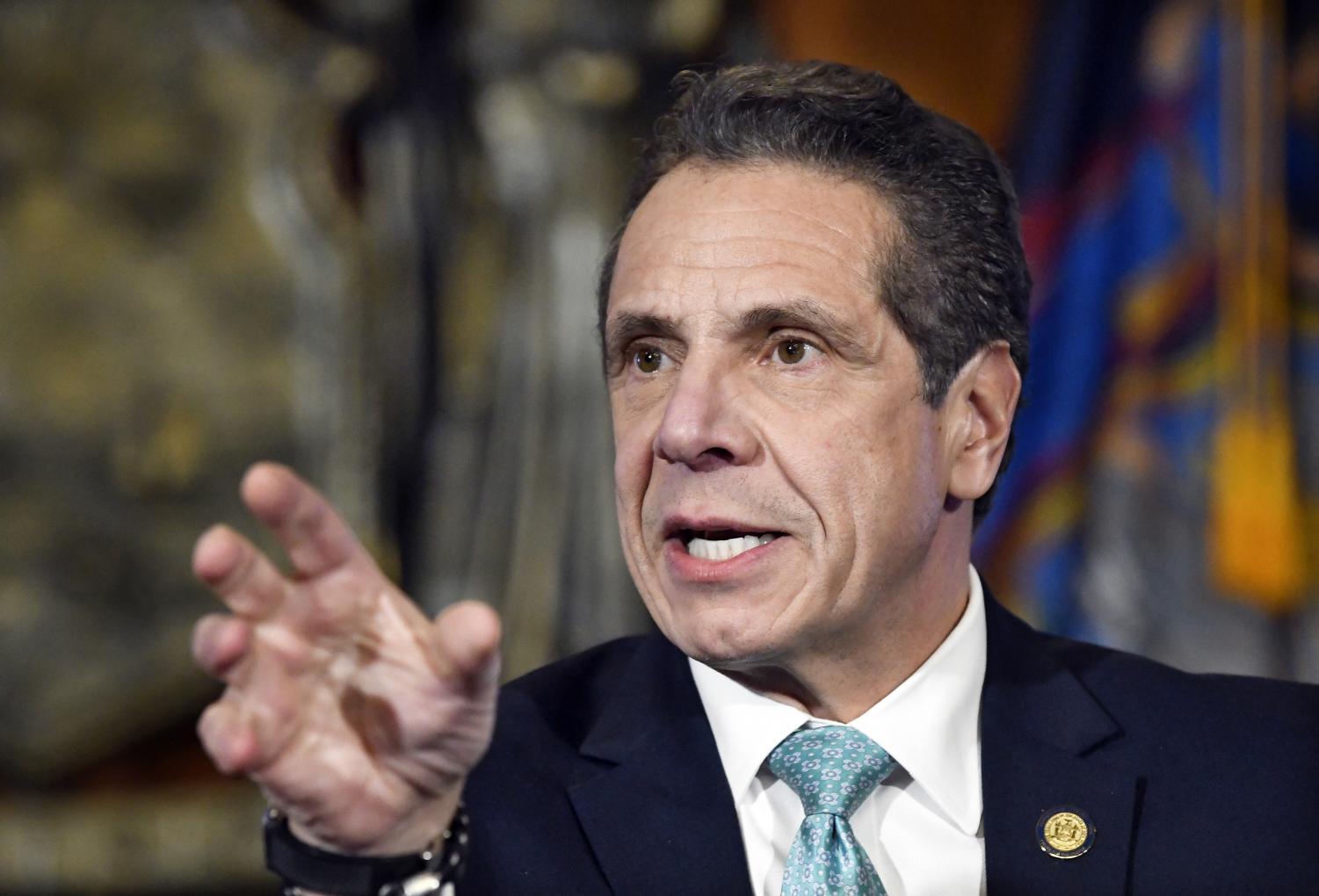Experts divided over demise of NYC Amazon deal
March 4, 2019
True to the theatrical nature of Valentine’s Day, Amazon announced in a blog post on Feb. 14 that its $2.5 billion HQ2 development in Queens was being scrapped.
It came as a shock to New York City Mayor Bill De Blasio, who said during a Feb. 15 interview with radio station WNYC that he had “no indication” the project would fail.
The proposed project, part of the tech giant’s plans to expand outside of its main Seattle headquarters, was to be situated in Long Island City across the East River from Midtown Manhattan. Amazon said it would bring in 25,000 jobs and billions in tax revenue and investments.
While Amazon seemingly had the green light to build in November after it picked New York over 19 other finalist cities, the company ultimately decided against construction amid a barrage of local criticism. Among the project’s fiercest critics were New York state Sen. Michael Gianaris, New York City Councilman Jimmy van Bramer and Rep. Alexandria Ocasio-Cortez.
Jacob Stump, a professor in DePaul’s International Studies department, sees the move as a testament to New Yorkers’ agency over their community.
“The people who opposed the Amazon HQ in NYC were opposing something more than a building built by the richest guy on earth and his corporate behemoth,” he said. “They were opposing what Amazon symbolizes about the American economy.”
Among anti-Amazon activists’ main grievances was the fact that Amazon doesn’t pay federal income taxes, would be siphoning money from public funds as part of a $3 billion incentives package and would fail to deliver on promises to local communities.
“Amazon made billions in profits and paid no federal income taxes over the past couple of years,” Stump said. “I’m a contract teacher here at DePaul and I paid more in income taxes than Amazon last year.”
Daryl Koehn, the Wicklander Chair in Professional Ethics at DePaul’s College of Business, questioned why New York would subsidize a wealthy, well-established company in a free-market economy.
“If a firm does not in fact deliver on the promised jobs, can a government claw back its subsidies?” she said.
Critics of the Amazon deal also expressed concerns over housing, noting that the insertion of high-wage jobs into the area could increase rent and the cost of living — potentially driving residents out.
But proponents of the deal argued the economic benefits outweighed the disadvantages, and Amazon, Cuomo and others repeatedly cited polling data showing most New Yorkers were in favor of the headquarters. The results of a Siena College poll released on Feb. 12, for example, showed that 56 percent of registered New York voters surveyed approved of the deal; a Qunnipiac poll released in early December showed 57 percent approved, with respondents divided 46-44 percent over whether they approved of the $3 billion in incentives for Amazon.
According to Daniel Heiser, Chair and Associate Professor at DePaul’s Department of Management and Entrepreneurship, the project “was expensive, but well worth the investment.”
“Nothing ventured, nothing gained,” he said via email. “The only money ‘saved’ by the cancellation is money that never existed — unless/until the project moved forward. The lost opportunity to fund new schools, infrastructure and expand social programs from economic growth is nothing short of tragic.”
In the aftermath of the deal’s collapse, Amazon announced that it will continue growing organically but with no explicit plans for a replacement HQ2. That didn’t stop cities across the U.S., including Chicago, from immediately swooning at the chance to land its next project.
Cuomo’s office released a statement Feb. 14. accusing “a small group [sic] politicians” of putting “their own narrow political interests above their community.”
“The New York State Senate has done tremendous damage. They should be held accountable for this lost economic opportunity,” the statement continued.
And on March 1, an open letter to Amazon CEO Jeff Bezos from a variety of business, academic and political figures was published in the New York Times, pleading for the company to “reconsider, so that we can move forward together.”
“Amazon is more likely to seek out smaller clusters of talented people by targeting expansion in multiple medium-sized communities — like Austin, Indianapolis or Nashville,” Heiser said. “Chicago, like many cities, is likely to see some expansion in Amazon’s local footprint.”
In early November, before Amazon announced its final pick, New York Gov. Andrew Cuomo joked he’d change his name to “Amazon Cuomo” in order to woo the tech giant.
With a number of New Yorkers still smarting at the sudden pullout, Amazon may yet be one of the most popular names in politics this year.
